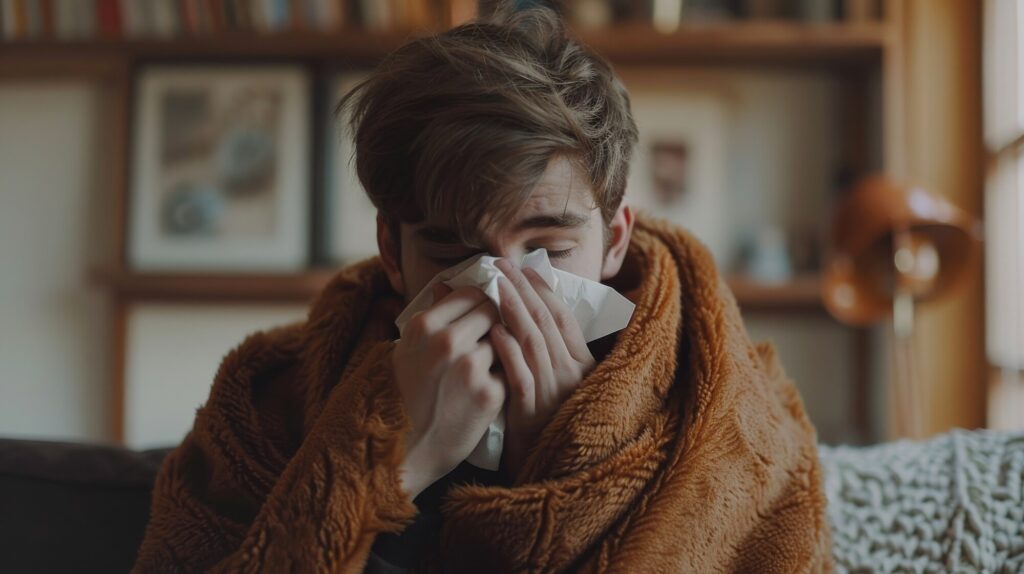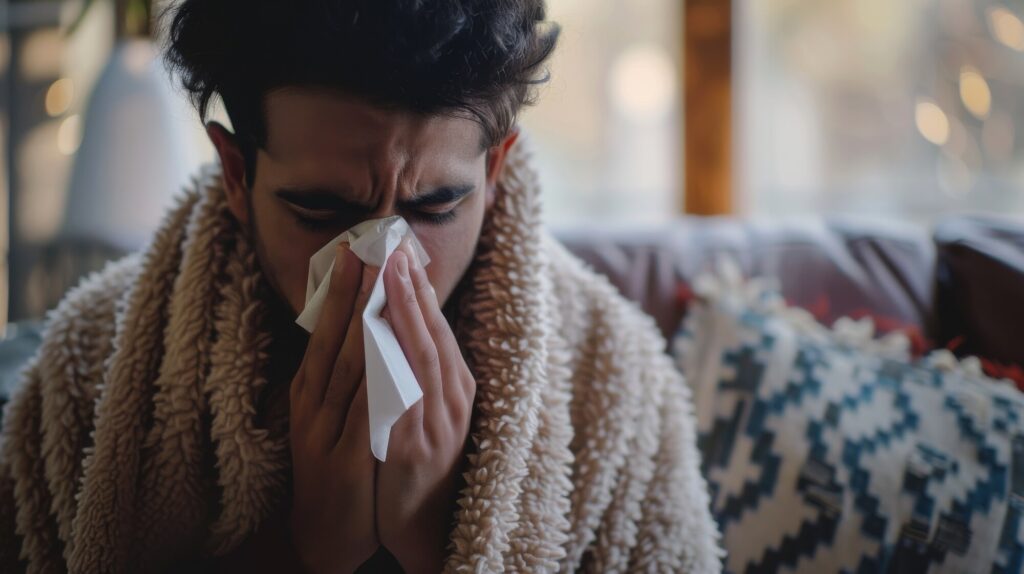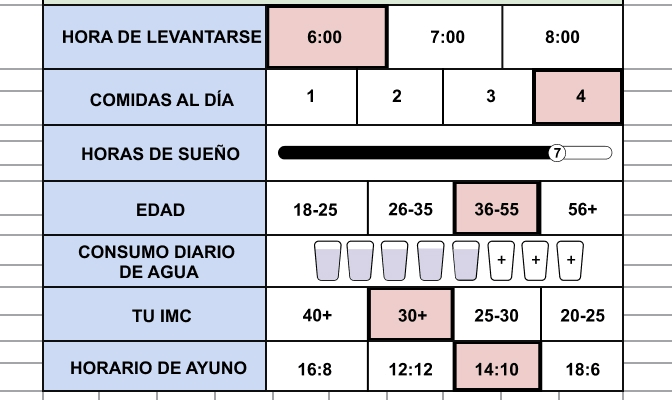Sleeping with a fan on might seem like an easy solution to beat the heat at night, especially during summer, but it can actually have some negative health effects. While fans provide immediate relief by circulating air, they don’t lower room temperature and can even worsen your sleep quality in various ways. Here’s why you might want to reconsider using a fan while sleeping:
- Exacerbates Allergies: Fans stir up dust, pollen, pet dander, and other allergens that may have settled on surfaces like fan blades or filters. This can worsen symptoms of allergies, causing congestion, itchy eyes, sneezing, or coughing, especially if the fan isn’t regularly cleaned.

- Increases Sinus Irritation: The continuous airflow from the fan can dry out your mouth, throat, and sinuses, leading to congestion, headaches, and even sore throats. If you’re already feeling under the weather, the fan may worsen your symptoms.

- Causes Stiff Muscles: The fan’s airflow can cool and tense muscles, particularly those exposed to direct airflow like your face and neck. This might result in stiffness or soreness upon waking up.

- Dries Out Skin and Irritates Eyes: Prolonged exposure to the fan’s air can dry out your skin and eyes, causing discomfort such as tight, flaky skin and irritated or itchy eyes. People with sensitive skin or those who wear contact lenses may experience more severe effects.

- Increases Congestion: The dryness caused by a fan can lead to more mucus production in your throat, nose, and mouth, potentially worsening symptoms like snoring and nasal congestion.

- Noise Disruptions: Fans often produce background noise, even when set on low. For light sleepers, this can disrupt the sleep-wake cycle, making it harder to fall asleep or stay in deep sleep, reducing sleep quality.
- Interrupts Sleep: The constant airflow might disturb your sleep, waking you up throughout the night. Even though a fan can seem like a cooling solution, it might end up interrupting your rest.

- Limited Cooling Effect: While fans circulate air, they don’t actually lower the temperature in a room. If the room is already hot, the fan just moves around the warm air, offering only temporary relief without truly cooling the space.
Better Alternatives
Instead of relying on a fan, you might consider other ways to sleep cooler at night:
- Cooling mattress pads: These regulate temperature and prevent overheating.
- Breathable, cool bedding: Sheets made from light, breathable materials help keep you cool.
- Hydrating before bed: Drinking water can help your body stay cool during the night.
- Blackout curtains: They can keep your room cooler by blocking out sunlight during the day.
In conclusion, while fans might provide some temporary relief from heat, they come with potential drawbacks such as aggravating allergies, causing dry skin and eyes, or even interfering with your sleep. For a better night’s rest, consider using other cooling strategies that don’t come with the same side effects.



